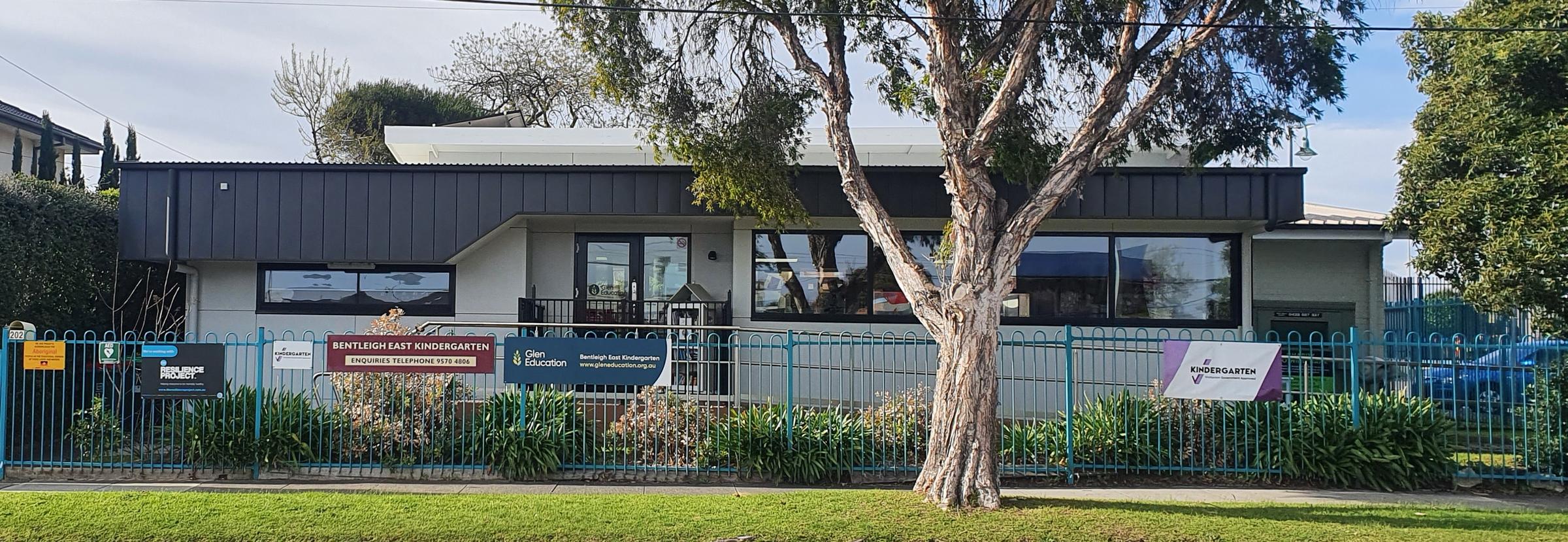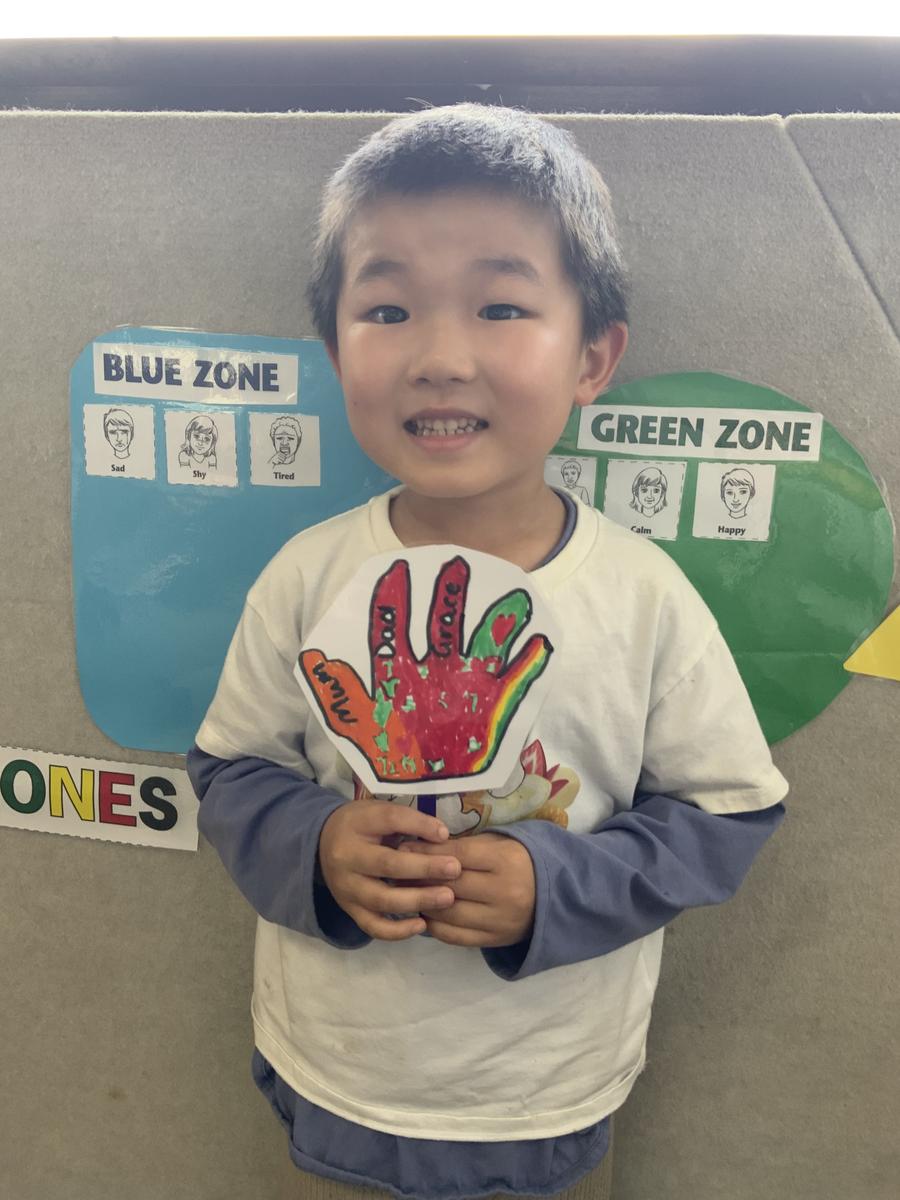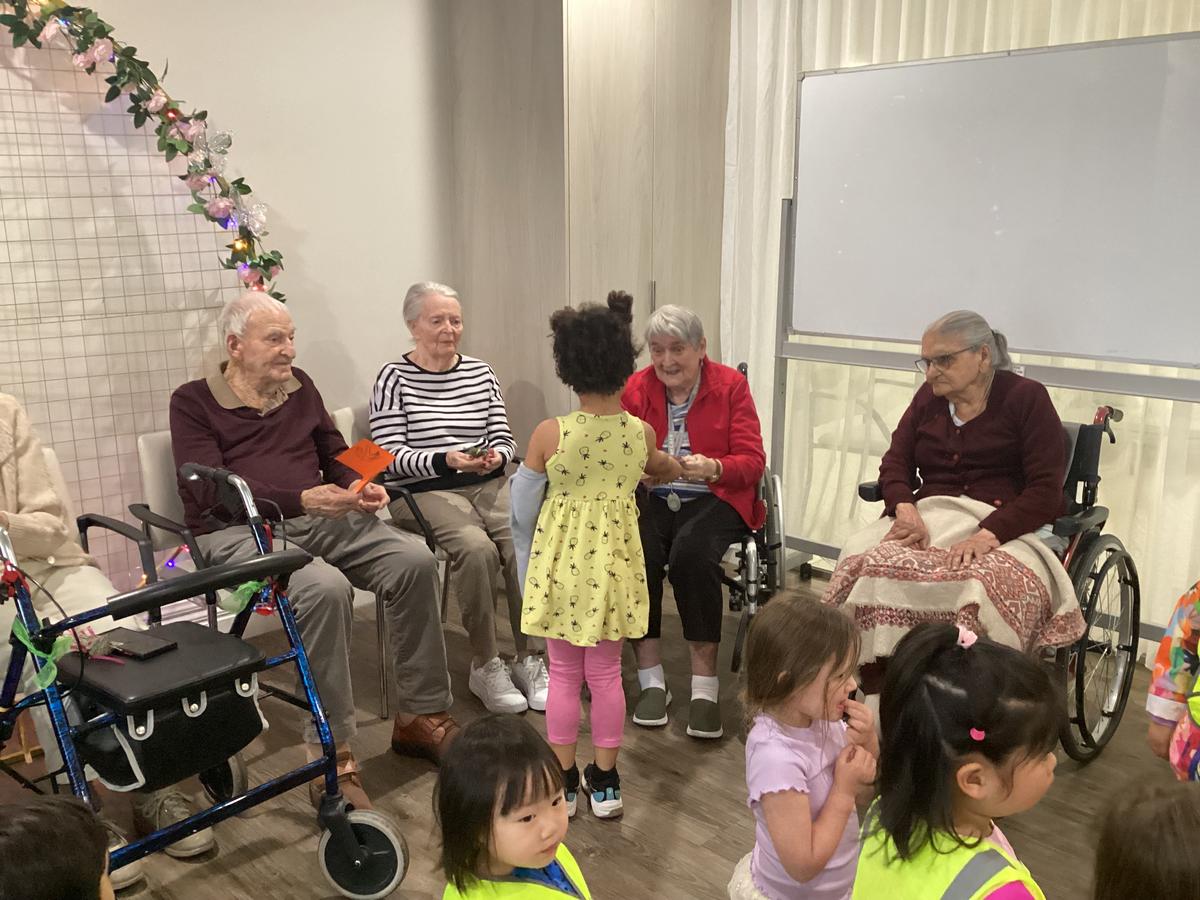Glen Education Bentleigh East

Transition to school
By Glen Bentleigh East Educational Team
At Glen Education Bentleigh East Kindergarten, we are committed to supporting a smooth transition to school for all children. This is an intentional process that unfolds over the 1-2 years a child spends with us, and we focus on key areas that foster independence, emotional regulation, and self-care, all of which are crucial for school transition.
Supporting Independence and Self-Care
We recognise that school transition extends beyond academics—it includes the ability to manage personal needs and routines independently. Our program places a strong emphasis on health and well-being, ensuring that children develop the confidence and skills they need to care for themselves.
For example, we offer one-on-one support with toileting as necessary and use visual aids to help children understand and manage this process independently. These visual supports are particularly beneficial for children with additional needs, children from culturally and linguistically diverse backgrounds, and those with speech delays. We celebrate milestones in self-help skills, such as toileting and self-dressing, and communicate these achievements with families to keep everyone informed of their child's progress.
We also emphasise the importance of consistency, both in our approach and between home and the kindergarten. We provide families with resources and strategies to support these routines at home, ensuring that children experience continuity and feel secure as they transition to school.
Promoting Safety, Social Skills, and Respect
Being able to navigate social environments and understand personal safety is vital for children as they approach school. We intentionally teach children about safety in a variety of ways, including local community visits. This year, the children have enjoyed visits to local parks, Arcare Carnegie, Myuna Farm, and Volkstone Primary School. These outings not only help children familiarise themselves with their community but also teach them respect for people, places, and animals.
Additionally, we provide opportunities for children to learn about body safety and personal boundaries through discussions and books. Using resources from the "Little BIG Chats" series, we’ve explored topics such as consent, private parts, safety networks, early warning signs, and empathy. Recently, children have been identifying people in their safety network—trusted adults they can turn to when they need help or feel unsafe.
Fostering Emotional Expression and Social Skills
As children approach school, it's important to help them manage and express their emotions in constructive ways. We actively teach emotional literacy, encouraging children to recognise their feelings and express them appropriately. This includes helping them read social cues and understand the emotions of others—a key skill for building strong relationships at school.
We also focus on developing resilience, confidence, respect, and communication skills through engaging social interactions. Puppets are one of the tools we use to explicitly teach children how to navigate social situations, model positive responses, and resolve conflicts. For example, through puppet scenarios, children learn how to handle situations such as sharing, asking for help, and expressing their emotions in positive ways.
Recognising that children’s executive functioning skills are still developing, we provide visual aids and structured opportunities to help children make positive choices. Whether selecting a learning activity or practicing social interactions, we support children in making decisions and navigating their learning environment appropriately.
Encouraging Self-Help Skills at Mealtimes
Mealtimes provide a great opportunity to reinforce children’s independence and self-help skills. We encourage children to notice when they are hungry or full and to eat accordingly.
We also support them in washing their hands independently and practicing skills like opening and closing food containers. These daily routines help build confidence and prepare children for the independent tasks they will encounter in school.
Nurturing Literacy, Numeracy, and Curiosity
Throughout the year, we create an environment rich in literacy and numeracy opportunities. We offer open-ended learning experiences that encourage exploration and curiosity, with educators on hand to extend and challenge children’s thinking. Whether through storytelling, interactive games, or hands-on activities, we nurture a love for learning and provide a foundation for academic skills.
By focusing on these key areas—independence, emotional regulation, social skills, and self-care—we help prepare children for a positive transition to school. We are excited to continue supporting each child on their learning journey, and we appreciate the partnership we share with families in this process.



